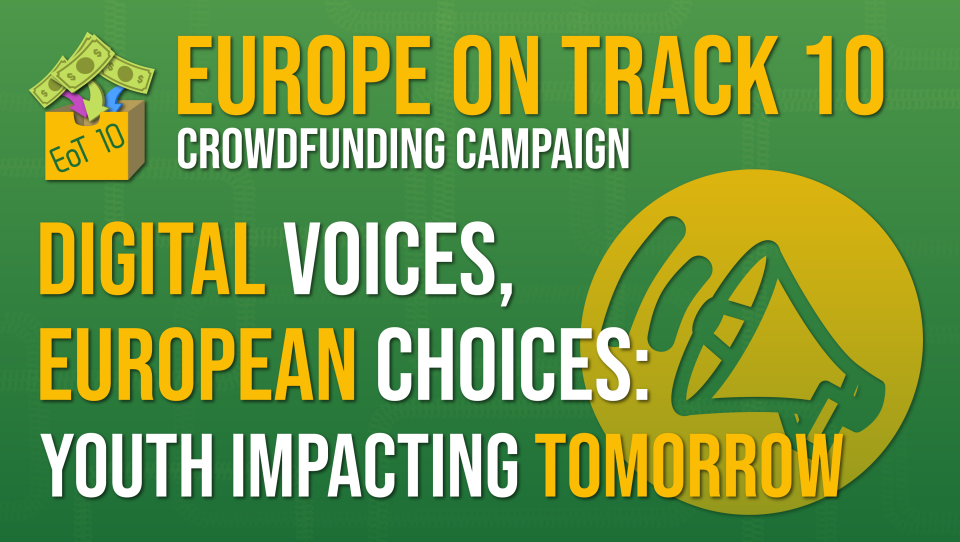
“If you don’t know the rules of the game, you cannot participate.” – Filippo
When we ask interviewees about the responsibilities of a citizen, many assert that it is important “to know your rights.” However, this answer is often followed by a subtle head shake of confession when the interviewee is then asked whether he is aware of his rights himself…
Indeed, many European citizens are not aware of the rights they are granted by their own country and by the European Union. For this reason, AEGEE-Udine president Filippo organized a session with two professors from the University of Udine. The first professor, Angela Napolitano, spoke about European Citizenship and our rights, such as the right to receive protection from any EU country when you are in a country outside of the EU that does not have a consulate of your own country (this is important, so I’ll illustrate the example: If you are, let’s say, Belgian and you are suddenly arrested for whatever reason or maybe no reason in Timbuktu and there is no Belgian consulate, you can knock on the door of another EU country’s consulate, like Latvia, and receive protection as if you were Latvian!) Another important right that was mentioned was the right to “invite the European Commission to submit a proposal for a legal act.” This right refers to the European Citizens’ Initiative (ECI), a democratic tool to participate directly in the development of EU policies, by calling on the European Commission to make a legislative proposal, if you collect 1 million signatures coming from 7 member states. The European Commission then has to discuss the topic and release a statement about their consequent actions. If it is decided that no action will be taken, the European Commission will have to give the reasons for that choice. So, the ECI is not binding, it is more of an invitation to the European Commission to consider a legal change.
The ECI is very important to the Europe on Track project since AEGEE-Europe created the “More than Education – Shaping Active and Responsible Citizens” initiative (sign here) in October 2016 to call for “a set of incentive measures, including support and monitoring, to develop citizenship education in curricula on all levels of formal education throughout Europe, aimed at shaping democratic citizens.” The ECI was introduced to increase citizen-led policy-making and to reduce the distance between the ordinary people and the EU institutions, but unfortunately very few ECI’s have actually been successful. The tool is not very user-friendly and has a complicated interface. But good news! Vice-President Timmermans has announced the following:
“I want to make the ECI more accessible and citizen-friendly. I want the ECI to become a popular and living instrument, one that citizens are familiar with…”
So although it is likely that we won’t reach the quantitative goal of 1 million signatures, the existence of our ECI has already inspired multiple politicians and European Parliament members to seek contact with AEGEE, because of their involvement with the topic, so we at least managed to create more awareness!
The second professor, Marco Cucchini, spoke about globalization and how it permitted the creation of multiple identities. Regarding European Citizenship, we often ask interviewees if they feel more [insert nationality] or European. A commonly received answer, defeating this false dichotomy, is “both” – your European identity is in addition to and not in replacement of your national identity. The web revolution, following the agricultural and industrial revolution, shifts the focus from the production of goods to the production of ideas, and our generation has more access to information and communication methods, especially via social media. Due to these factors, many interviewees distinguish our generation from the older generations, as indicated in a previous post, regarding the power to organize ourselves and to feel more “united in diversity.” However… at some point, if people do not feel such a strong sense of belonging, commitment or responsibility, “the girlfriend becomes more interesting than fighting for peace.”
Professor Cucchini also referred to the cleavages theory from Rokkan Stein and Seymour Martin Lipset. In political science, these cleavages address social divisions and their translation into politics. These cleavages have three characteristics: 1) A cleavage involves a social division that separates people by sociocultural or socioeconomic characteristics, 2) People involved in the division must be aware of their collective identity and be willing to act on the basis of that identity, and 3) A cleavage must be expressed in organizational terms, such as political parties or interest groups. Examples of cleavages are the conflicts between state and church, owner and worker, urban and rural, and center and periphery.
We ended our sparkling stay (because Spritz) in Udine with a pizza party (pizza with fries?! for Brett?) at Iris’ home, with Eurovision’s Francesco Gabbani‘s monkeys, table football games between Team Red and Team Blue 2.0, and serious discussions about hip-hop between Brett and Haki in the background. Thank you for the food, the hospitality, and the knowledge! Good luck with your summer university and fingers crossed that you may be the best again!
Professor Cucchini ended his talk with “People go to university to find the problems, not the solutions. The solutions are available online” – I leave it up to you to interpret this quote.

Written by Eleanor Denneman, Photos by Paweł Lenarczyk


